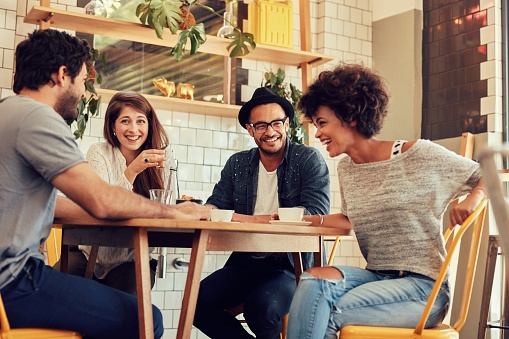How to Protect Yourself from Sexual Assault
It is important to remember that sexual assault is never the fault of the victim. If you are sexually assaulted, know that it is not because of something that you did or didn't do. There are steps that you can take to keep yourself safe in situations in which sexual assault is more likely.

Know your alcohol limits. According to research, over half of sexual assaults committed against college students involve alcohol. Intoxication can make you significantly more vulnerable to assault by impairing your judgement or inhibiting your ability to fight off an attacker.
Keep an eye on your drink. An increasing number of sexual assaults occur when the perpetrator slips drugs into their victims' drinks, causing them to feel sleepy or even pass out. To be sure that no one slips anything into your drink, take it into the restroom with you. Additionally, never accept a drink that has been given to you by someone else or that was taken from a communal alcohol source, like a punch bowl.
Trust your gut. If something about a person or location feels wrong, leave immediately. You might be subconsciously processing body language or other danger indicators without realizing it. Head in the direction of the nearest crowd, lighted area, or building. Talk loudly on your phone; many attackers don't want to pursue potential victims who seem loud or aggressive.
Stay with your friends. Attend parties and other social gatherings with a group of people whom you trust. Look out for each other and make sure you all get home safely. If you do go out alone, always make sure at least one person knows where you're going and avoid walking in unlit or non trafficked areas. Additionally, keep your cell phone charged and with you at all times.
Know your resources. Locate resources such as the campus health center, campus police station, and a local sexual assault service provider, so you know who to contact if you or your friends need help.
Be careful about posting your location. Many social media sites automatically post your location. Consider turning this function off.
Have a Plan B. If your phone dies, do you have a few numbers memorized? Do you have cash on you in case you can't use a credit or debit card? Do you have your address memorized?
Be secure. Remember to lock your doors and windows when you're sleeping. If you notice that the main door to your building is often propped open, notify security or a trusted authority figure.
It's okay to lie. If something about a location or situation feels off to you and you want to leave immediately, don't feel bad about making up an excuse. Your safety is your most important concern.
Be careful about what you post on social media. You may want to adjust your privacy settings so only people you know personally can see what you post.